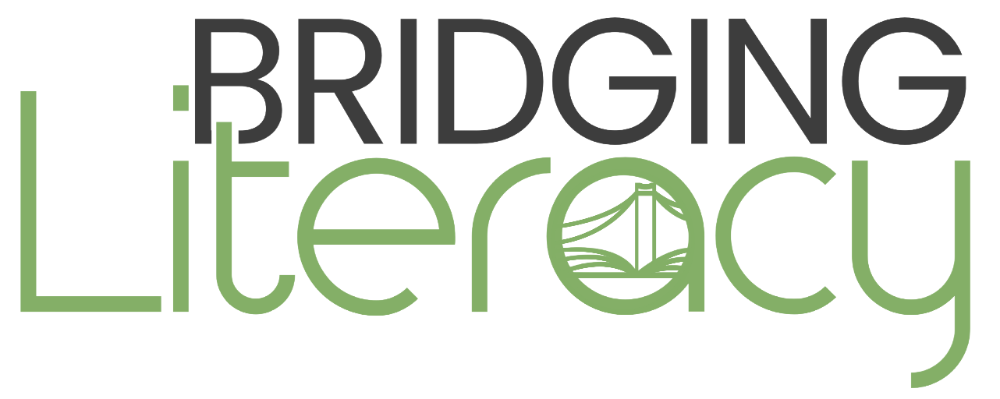017. 7 Simple Strategies for Building Background Knowledge
As a presenter, one thing I always like to acknowledge before starting any session is that teachers bring a wide range of experience and knowledge to the table. It’s nearly impossible to create a session where everything feels brand new for everyone.
That’s why I tell teachers that my goal is always to do one or more of the following:
✅ Affirm what you already know and do well
✅ Remind you of something you may have forgotten
✅ Expand your understanding just a little further
And that’s exactly what this episode will do for you!
In Episode 016, we dug into what background knowledge is, why it’s important, and some key dos and don’ts when it comes to building it.
In this episode, we’re going one step further with 7 simple strategies you can use to help your students build background knowledge—no matter the lesson or content area.
🧠 In This Episode, You’ll Learn:
- How to use vocabulary intentionally to connect language and comprehension
- Ways to create meaningful anticipation guides that spark curiosity and challenge assumptions
- How to leverage images and gallery walks to get students moving, talking, and thinking critically
- The power of multimedia—videos, sound clips, and sensory experiences—to engage students’ senses
- Why read-alouds and poetry shouldn’t just be saved for April
- Simple engagement activities that build oral language and deepen understanding
- How virtual field trips and inquiry tasks can make abstract concepts more tangible
✨ Key Takeaways:
- Building background knowledge doesn’t have to be complicated—it just needs to be intentional.
- When we engage students’ senses and language, we create stronger connections to new learning.
- Background knowledge activities are not just pre-teaching; they are opportunities for engagement, curiosity, and connection.
🏁 Try This:
Choose an upcoming lesson that may be challenging for your students.
➡️ Implement one strategy from today’s episode.
➡️ Reflect on how it changed your students’ level of engagement or comprehension.
Or… take a step back and reflect on how often you’re intentionally planning background knowledge into your lessons.
🔗 Resources Mentioned:
- The Westing Game Novel Study – Explore here

